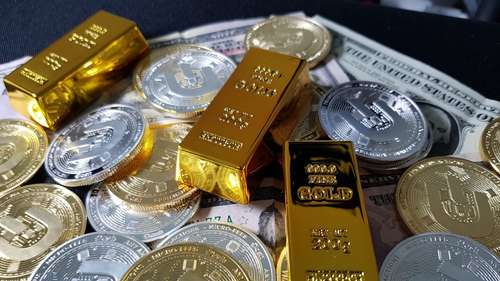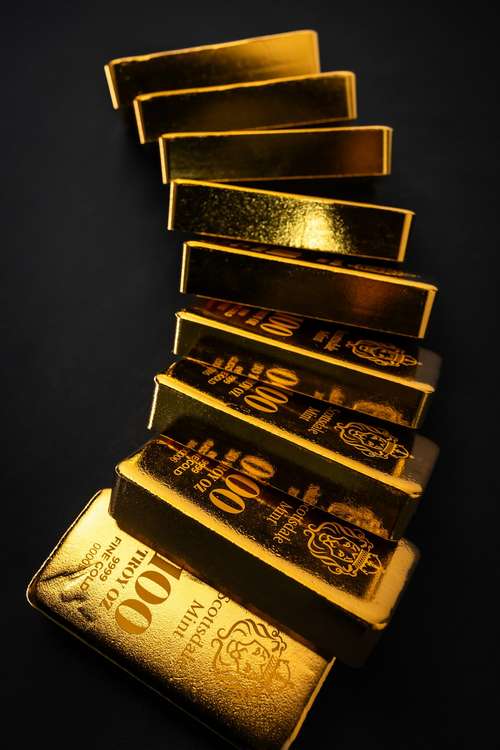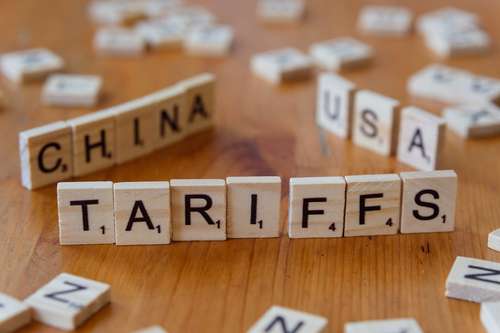Shinzo Abe, Japan's longest-serving politician and former prime minister, passed away on Friday after being shot while running for a parliamentary seat, startling a nation where political unrest is uncommon and firearms are strictly regulated.
On a dull traffic island in the western city of Nara, the shooter approached Abe, 67, and started shooting him from behind. Abe was giving a speech to the public at the time. The weapon seemed to be a handmade gun, according to Japanese media.
Abe's protege, Prime Minister Fumio Kishida, remarked, "This attack is an act of cruelty that happened during the elections - the very cornerstone of our democracy - and is totally inexcusable."
It was the first assassination of a current or former Japanese leader since a coup attempt in 1936, which resulted in the deaths of numerous people, including two previous premiers.
Abe, who was brought to the hospital in cardiopulmonary arrest and not showing any vital signs, was unable to be revived. At 5:03 p.m., he was pronounced dead. around five and a half hours after being shot (08:03 GMT).
Hidetada Fukushima, a professor in charge of emergency medicine at Nara Medical University Hospital, said during a televised news conference that despite receiving more than 100 units of blood in transfusions over the course of four hours, the patient bled to death from deep wounds to the heart and the right side of his neck.

A 41-year-old male was reportedly detained by police after being accused of carrying out the shooting. According to NHK, the suspect, Tetsuya Yamagami, told police he wanted to assassinate Abe because he was unhappy with him. According to NHK, the suspect admitted to making numerous homemade explosives and weapons in the past.
Two bullets were fired when Abe was speaking during a campaign speech in front of a train station. The individual was then seen being tackled by security personnel while wearing a grey T-shirt and beige pants.

A businessman who was present at the scene, Makoto Ichikawa, told Reuters that there had been a tremendous blast followed by smoke.
After the second shot, what appeared to be special police tackled him. "After the first gunfire, no one knew what was going on."
A picture of Abe with blood on his white shirt and laying face-up beside a guardrail in the street was published by the Kyodo news service. He was surrounded by a throng of people, one of them was massaging his heart.
Later that day, locals planted flowers close to the area where Abe had fallen.
Senior Japanese politicians frequently interact with the people, notably during election campaigns when they give speeches on the side of the road and shake hands with bystanders, while being escorted by armed security guards.
After the war, political violence is uncommon in Japan. A yakuza gangster shot and killed the mayor of Nagasaki in 2007. In 1960, a right-wing youth with a short samurai sword killed the leader of the Japan Socialist Party as he was giving a speech. Several other well-known politicians have faced attacks, but none have been hurt.
Abe was prime minister for two terms before resigning in 2020 for to health reasons. He yet maintained a stronghold over the ruling Liberal Democratic Party (LDP), in charge of one of its key groups.
'Despicable attack'
In Japan, where handguns are prohibited, gun violence is incredibly uncommon, and instances of political violence are practically unheard of.
In Japan, there were only six gun-related fatalities in 2014, compared to 33,599 in the US. To purchase a firearm, one must pass rigorous physical and mental health examinations; even then, only shotguns and air rifles are permitted.
The act has received swift condemnation from influential voices around the globe. UK Prime Minister Boris Johnson called it a "despicable attack."

Mr. Abe had been a "excellent leader of Japan and loyal partner of the US," according to US ambassador to Japan Rahm Emanuel.
The attack was described as a "unacceptable act of criminality" by South Korean President Yoon Suk-yeol, who also expressed sympathy to the Japanese people for losing their longest-serving prime minister and a renowned leader.
According to Zhao Lijian, a spokesman for the Chinese Foreign Ministry, his nation was stunned by the attack.
When asked about the response on Chinese social media, he stressed that "this unexpected situation should not be related with Sino-Japanese ties" and declined to comment further.
Social media in China and Korea have been dominated by comments that take pride in the attack on Mr. Abe.
With regard to Japan, China and South Korea have had troubled and contentious connections in the past. Known for his military hawkishness, Mr. Abe was unpopular with the people of both countries while he served as prime minister.




